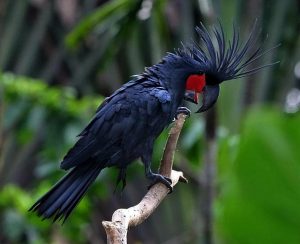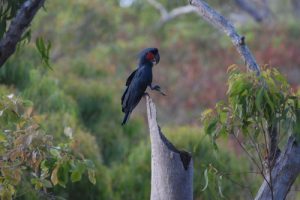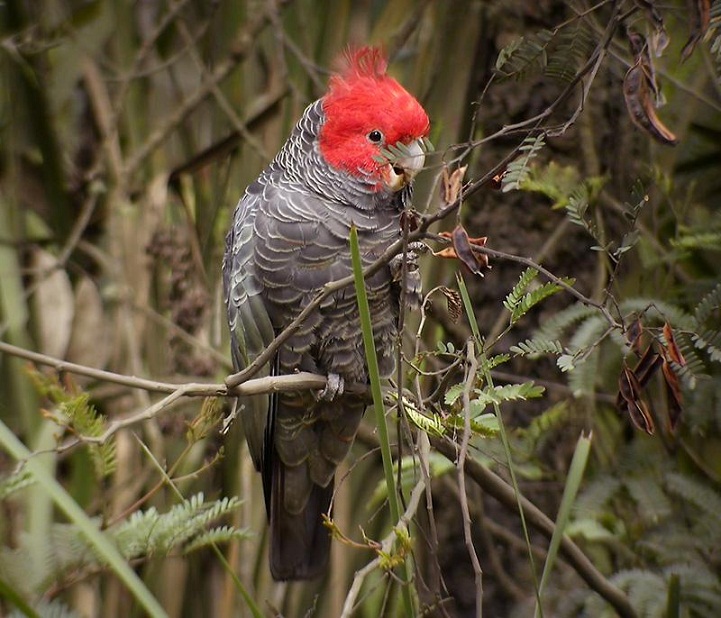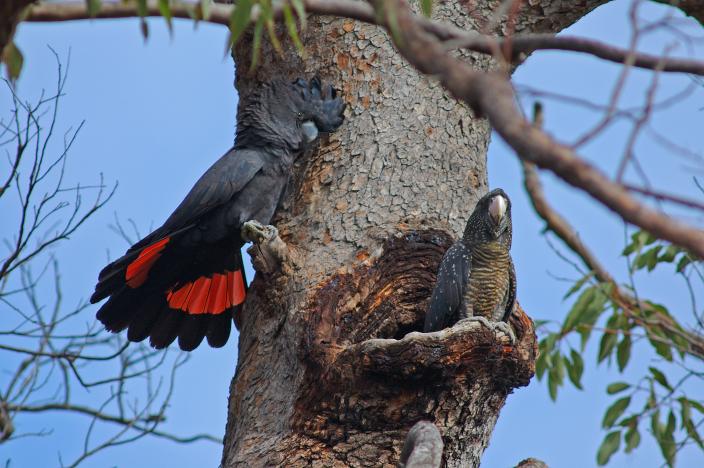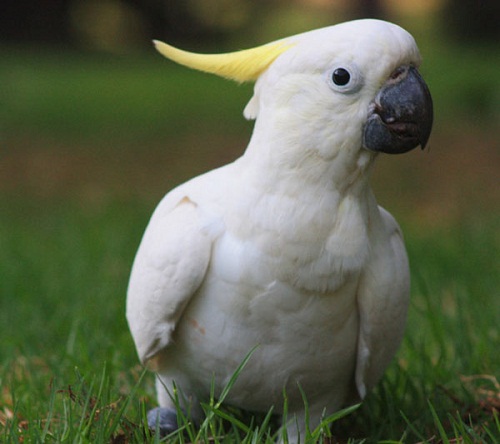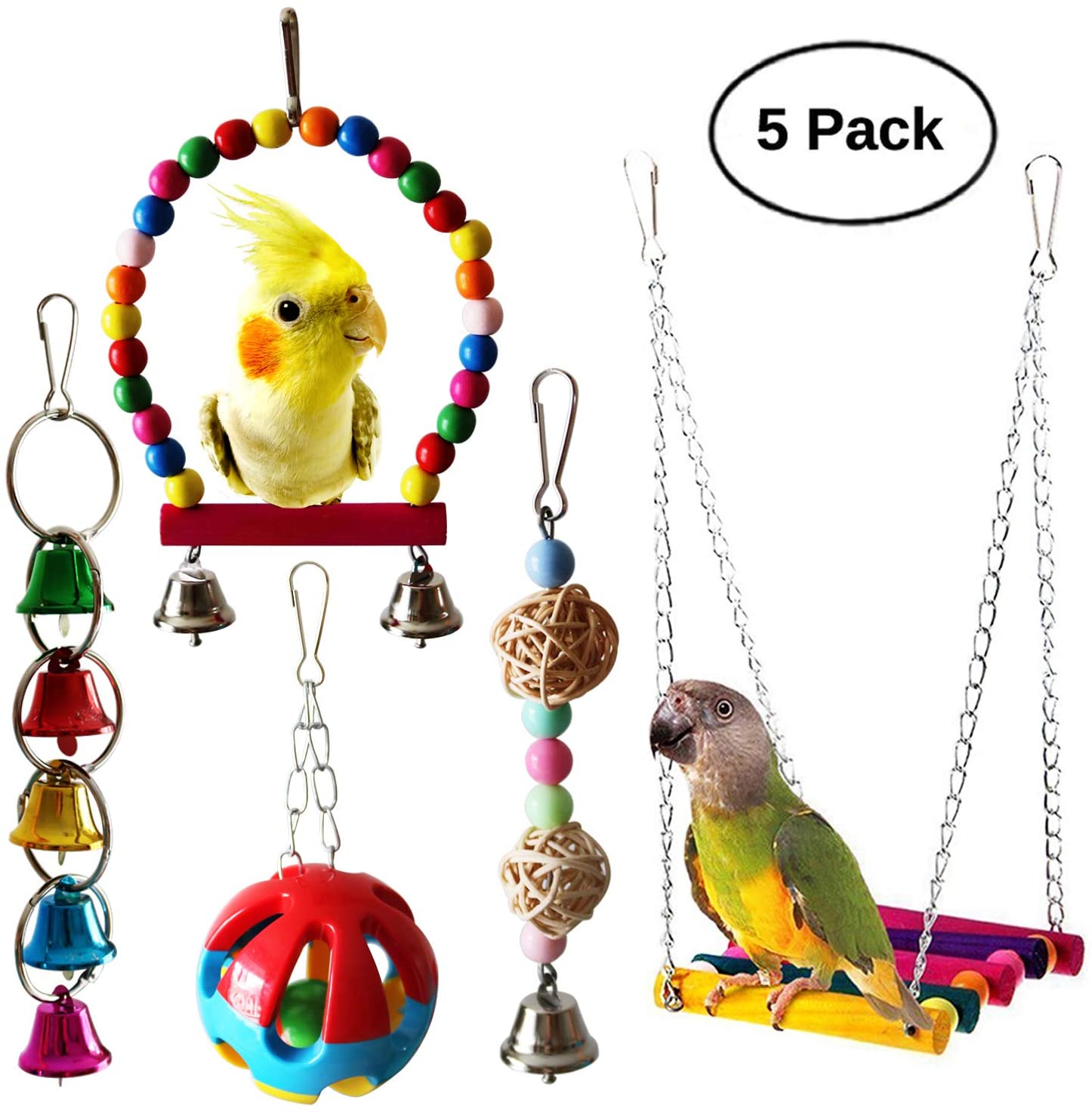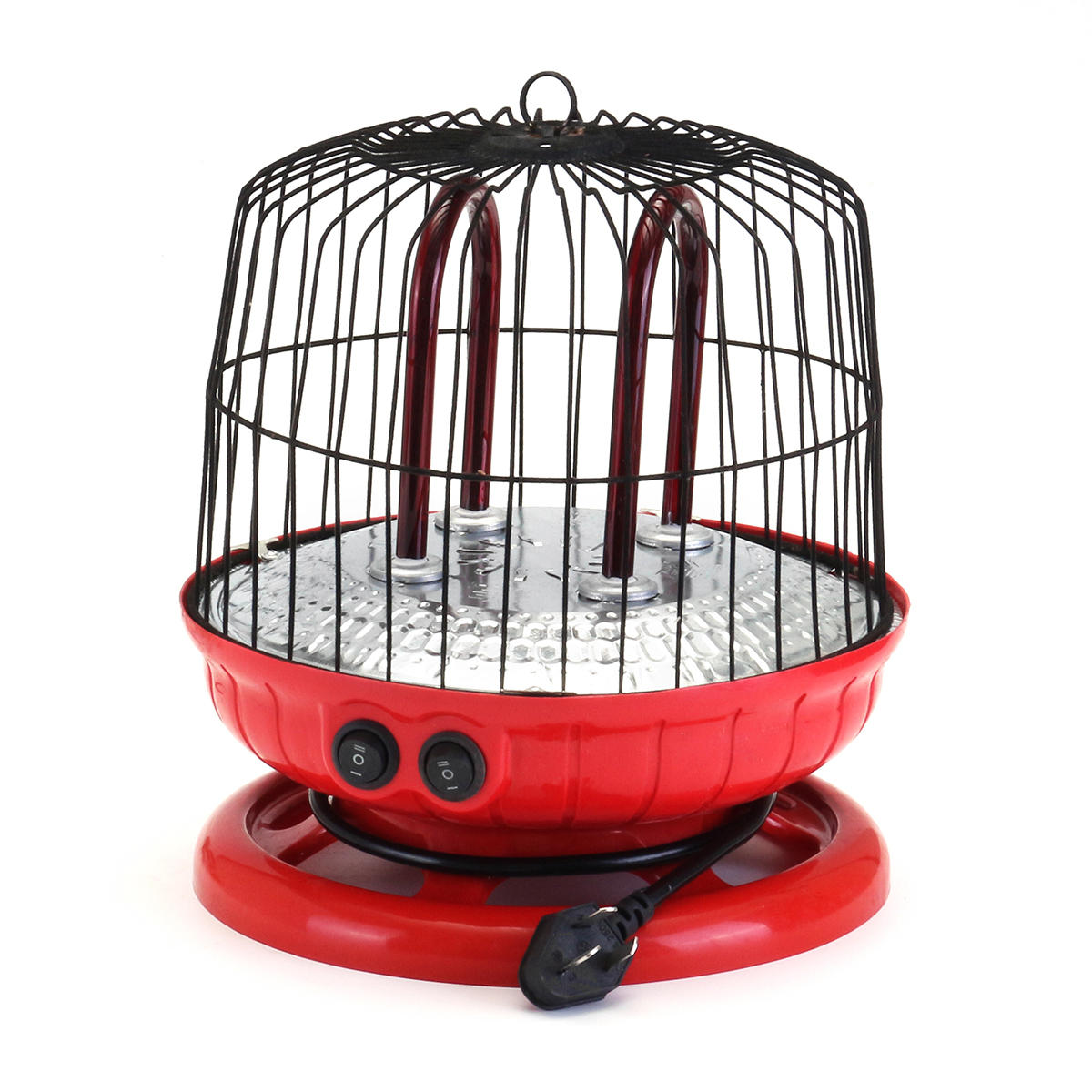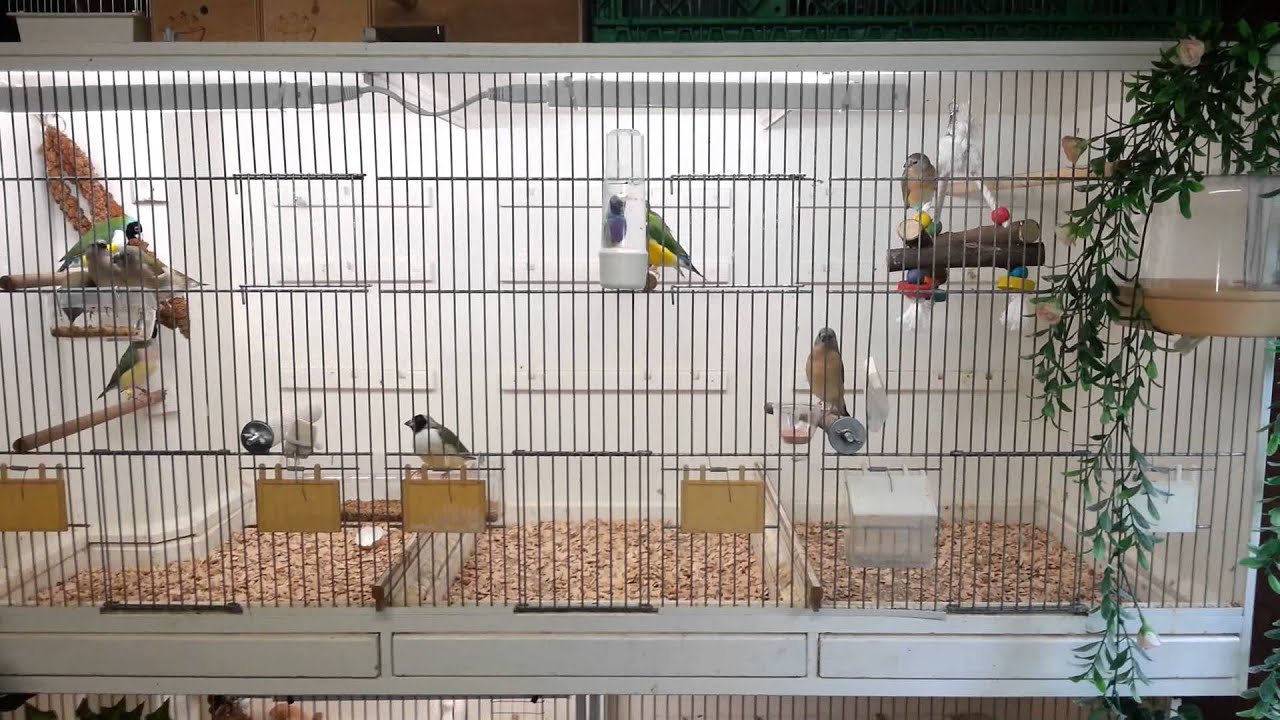The black palm cockatoo is the largest of the cockatoo species, popular as pets all across the world, despite the expensive costs that go into acquiring one. It is native to North Queensland in Australia and the island of New Guinea in the Pacific.
Scientific Classification |
|
| Kingdom | Animalia |
| Phylum | Chordata |
| Class | Aves |
| Order | Psittaciformes |
| Superfamily | Cacutuoidea |
| Family | Cacatuidae |
| Subfamily | Cacatuinae |
| Tribe | Microglossini |
| Genus | Proboscieger |
| Scientific Name | Proboscieger aterrrimus |
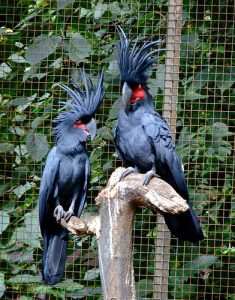
Black Palm Cockatoos
Quick Information |
|
| Other Names | Great black cockatoo, palm cockatoo, goliath cockatoo |
| Size | 1.6-2.23 foot (49-68 cm) |
| Weight | 2.01-2.65 lb (912-1202 gm) |
| Wingspan | Around 5.41 foot (165 cm) |
| Color | Adults: Slate-black body with an entirely black tail; dark gray beak; a red facial patch devoid of feathers, which turns crimson when the bird is excited
Juveniles: Similar to adults, pale yellow edges to underside feathers; shorter crests, white-tipped bill; and a white eye-ring |
| Subspecies |
|
| Distribution | Queensland, Australia, and New Guinea |
| Habitat | Woodlands and rainforests. |
| Sounds and Calls | One of the loudest among cockatoos; high-pitched calls and whistles |
| Clutch | 1 egg every two years |
| Incubation Period | 30-35 days |
| Lifespan | Wild: 40-60 years Captive: up to 90 years, sometimes even 100. |
| Diet | Leaf buds, fruits, nuts, seeds, berries. |
| IUCN Conservation Status | Least Concern |
As pets
This bird’s celebrity-like ways and impressive looks have made it a preferred pet choice.
Housing
Keep your bird in a robust and durable walk-in aviary with a length of at least 23 foot (7 meters). You can keep them with other birds ( same species), as they are not aggressive. Provide perches so that it may fly around freely. You can even throw in chewables like pine cones or wood. Adding other accessories like ladders, plastic swings, and link chains would help to keep it entertained.
Temperature
The temperature should never go below freezing. Provide a retreat for the bird to move into to hide from direct sunlight.
Temperament and Behavior
Black palm cockatoos have resourceful and intelligent personalities. They will require constant interaction and adequate training from a reasonably young age for them to be at their friendliest.
Feeding
You can feed it pine nuts, walnuts, and almonds as well as maize, wheat, and corn.
Care
Owing to its size, one should take utmost care while handling the black palm cockatoo. You may throw a towel onto your bird’s head to pacify it, while a well-trained bird can be controlled by grasping its head with one hand and the legs with the other. Keep an eye on the cheek crests, an excited bird’s crest will give away its psychological dismay.
Health problems
Watch out for symptoms like lack of appetite, weakness, drooping wings, depression, and tail bobbing as they might be a precursor to an underlying illness.
It is prone to suffer from bacterial infections, protozoal infections, parrot feather and beak disease, and kidney problems.
Price
The black palm cockatoo is an expensive bird, coming with a price tag of $16,000.
Interesting facts
- A unique ritual of the black palm cockatoo during the mating season is a drumming display done by the males, though the reason behind the same is a mystery. It is done with a stick broken off from the branch of a tree, drummed on the hollowed out bark of a tree. Since the mating happens within these hollows, the female can gauge the quality of the hollowness and choose accordingly.
- A black palm cockatoo can say ‘hello’ in a surprisingly human-like voice.
- Their beak is so large, especially the upper one, that the two mandibles don’t meet for most of their length.
- They are monogamous and mate for life.
- A captive palm cockatoo at an Australian zoo has been documented to have survived for 80+ years.
Palm Cockatoo Drumming Video
References:
- https://www.qld.gov.au/environment/assets/documents/plants-animals/biodiversity/palm-cockatoo.pdf
- http://animaldiversity.org/accounts/Probosciger_aterrimus/#lifespan_longevity
- https://beautyofbirds.com/palm-cockatoos/
- https://susanclubb.com/knowledge-center/bird-species-profiles/20-cockatoos/90-palm-cockatoo


